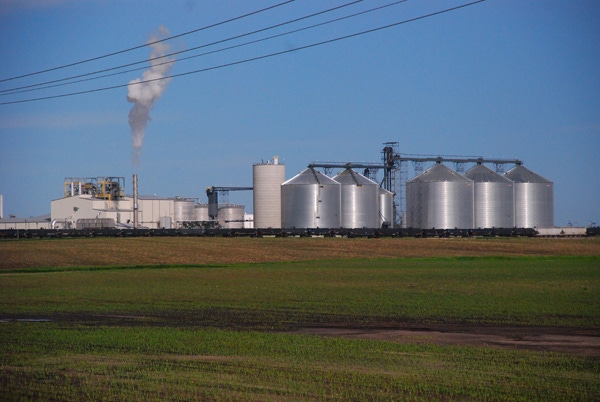
Several Democrats and Republicans signed onto a bipartisan letter urging the Environmental Protection Agency to prioritize the Renewable Fuel Standard and to support biofuel. The letter is in response to EPA’s December proposal setting renewable volume obligations and reforming the small refinery exemption program.
Specifically, the lawmakers call on the Biden administration to maintain the blending requirements for 2022 at the proposed levels, including half of the court-ordered 500-million-gallon remand; deny all pending Small Refinery Exemptions and finalize its proposed change to SRE eligibility; eliminate proposed retroactive cuts to the renewable volume obligations; and set 2021 RFS volumes at the statutory levels.
The senators write that by the Biden administration taking those actions, “the EPA can quickly restore integrity, stability, and growth to the RFS and the U.S. biofuel sector while ensuring that the program continues to reduce greenhouse gas emissions, diversify our fuels, drive down gas prices, strengthen our national security and drive rural economic opportunity.”
The letter was signed by Sens. Amy Klobuchar, D-Minn., Chuck Grassley, R-Iowa, Tammy Duckworth, D-Ill., Roger Marshall, R-Kan., Tammy Baldwin, D-Wisc., Joni Ernst, R-Iowa, Dick Durbin, D-Ill., Deb Fischer, R-Neb., Tina Smith, D-Minn., John Thune, R-S.D., Debbie Stabenow, D-Mich., Gary Peters, D-Mich., Sherrod Brown, D-Ohio, and Roy Blunt, R-Mo.
EPA’s public comment period on its proposals to cut the 2020 RVO and establish RVOs for 2021 and 2022 ends on Friday, Feb. 4. RFA says it will be submitting extensive comments to EPA aimed at ensuring the forthcoming final rules provide certainty and growth for the U.S. ethanol industry.
“We thank this bipartisan group of senators for their efforts to protect and defend the Renewable Fuel Standard,” says Renewable Fuels Association President and CEO Geoff Cooper. “These senators understand that the RFS is the most powerful and effective tool we have to immediately reduce greenhouse gas emissions from the transportation sector, keep consumer gas prices in check and support a vibrant rural economy. RFA proudly stands with them in calling on the Biden administration to follow through on its commitments to put the RFS back on track.”
“The final versions of the recently proposed 2020, 2021 and 2020 RVOs will have an immense impact for years to come on not only the biofuels industry, but also on the environment as our nation works to achieve net-zero emissions,” adds Growth Energy CEO Emily Skor. “We applaud our Senate champions for showing leadership in this bipartisan call for EPA to finalize strong RVO levels and eliminate any proposed retroactive cuts. By doing so, EPA would be making meaningful progress in the Biden administration’s commitment to move toward more low carbon alternatives in our transportation sector while supporting farmers and biofuels producers.”
About the Author(s)
You May Also Like






